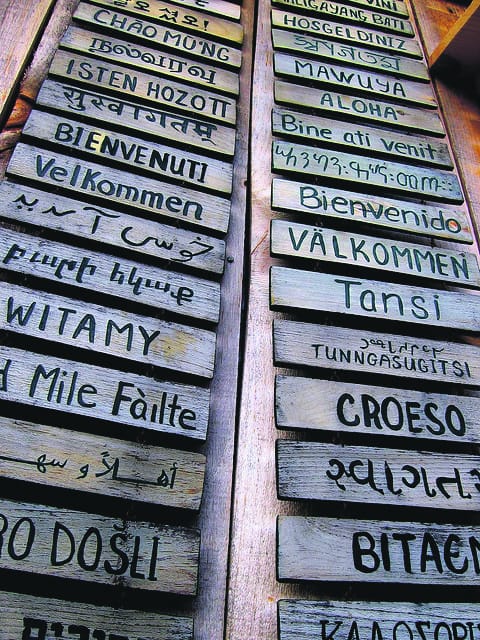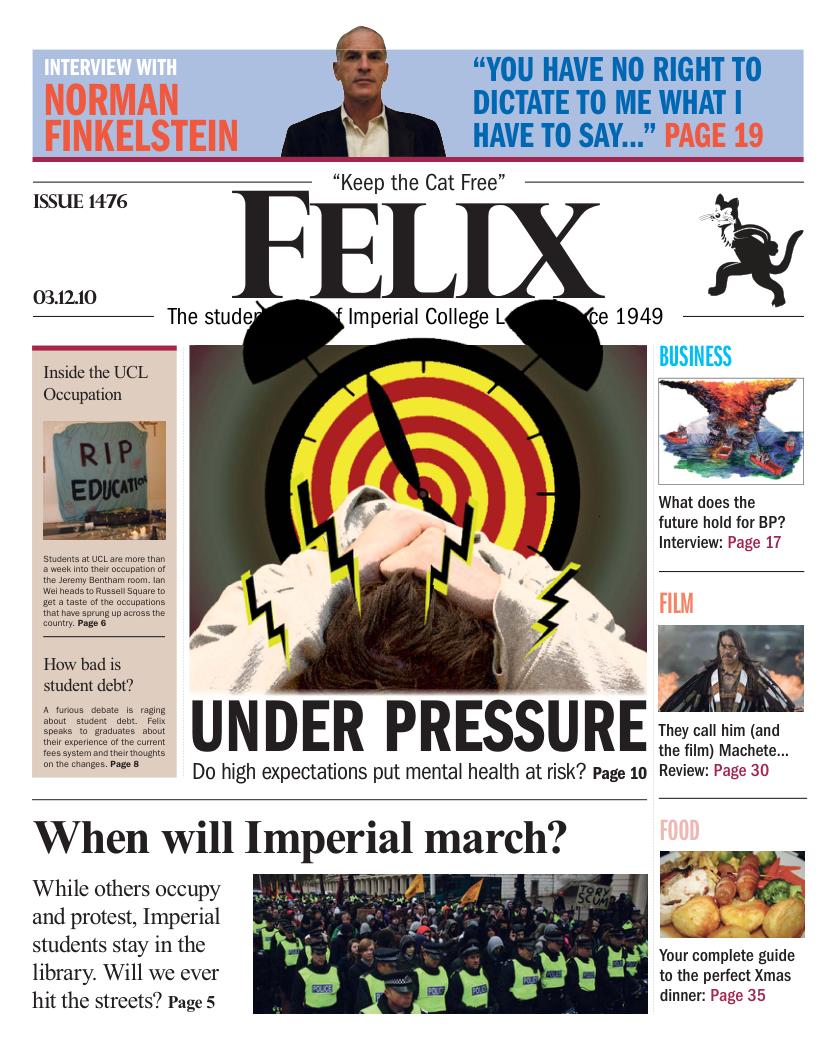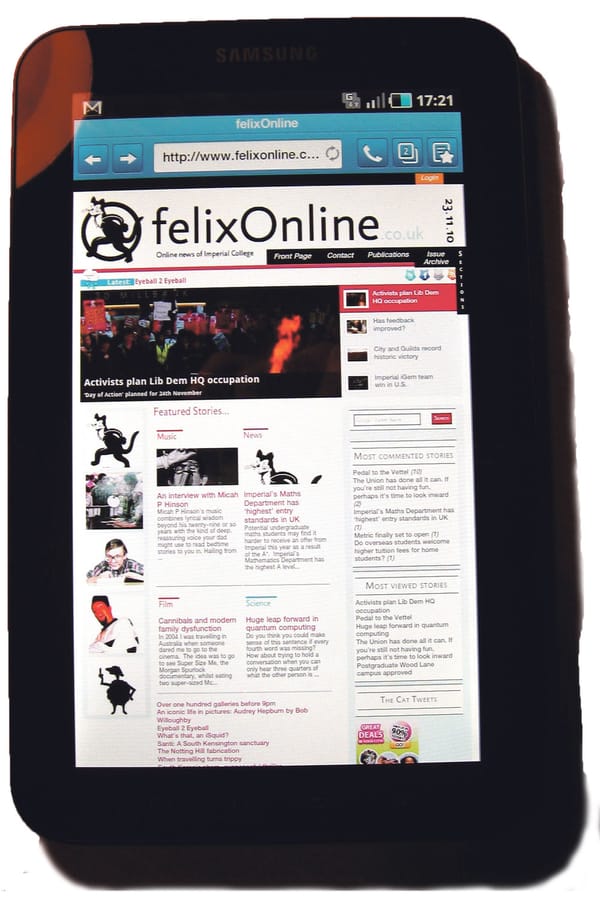Google to make learning languages redundant?
Google to make learning languages redundant?

It’s been 27 years since the first handheld portable mobile phone came out and since then it has revolutionised the world. With the development of GSM technology and seamless international roaming, it is now possible for any two people, on different corners of the Earth not connected by wires, to talk to each another at any time simply by dialling a sequence of numbers on their phone. The mobile phone has torn down geographical and national barriers and made the whole world feel a lot smaller.
Google have launched two apps, which aim to bring down not only communication, but language barriers too. They promise to take Douglas Adam’s ‘Babel Fish’ and Star Trek’s ‘Universal Translator’ out of the realm of science fiction and into reality.
The Google Goggles application, currently available for iOS & Android, allows you to read in a foreign language. Using your camera phone, you can take photos of signs or menus in another language – the application then uses optical character recognition (OCR) technology to automatically extract all the text from the image and uses translation technology to translate it into English (or your preferred language). The application currently only supports Latin-based languages such as English, French and Italian, but the goal is to eventually support non-Latin based languages such as Arabic and Chinese once OCR technology has been developed further.
The Android-only Google Translate application allows you to say something in English and it’ll read it back over the speakerphone in a different language. It works the other way too – your conversation partner could say something in a different language and the app will attempt to translate it and read it back to you in English. This means you can have a conversation with anyone, even if you know totally different languages. The application uses the voice recognition and speech synthesis technology built into Android, hence why it’s currently unavailable on the iPhone. The range of languages supported is impressive, with a full 30 operational including Chinese, Russian and Welsh. I personally found the voice recognition to be slightly off and the interface to be slightly clunky, but Google’s CEO Eric Schmidt demoed an improved “conversation mode” interface in September, which should make the application more practical to use.
Ultimately, the usefulness of translation applications depends on their accuracy and speed. Every GCSE Spanish student who has tried using an online translator for their coursework knows that translators aren’t perfect. Compound that with errors introduced during optical character or voice recognition, and the accuracy of the translations can be pretty poor at times. Furthermore, it still takes 10-15 seconds to perform a translation using Goggles or Translate, not ideal if you’re trying to hold a face-to-face conversation with someone or to understand all 20 items on a restaurant menu.
Goggles and Translate give us a glimpse of a future where the mobile phone will allow people of different cultures and languages to communicate seamlessly. They show us a future where you could travel and not have to worry about ordering snails rather than chicken. It’ll take some further advances in OCR and translation technology before it becomes practical, but those days can’t be far off.









